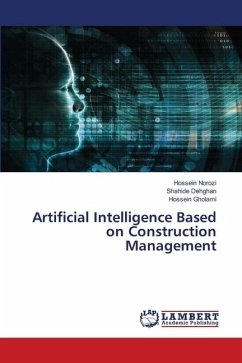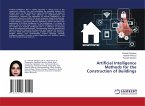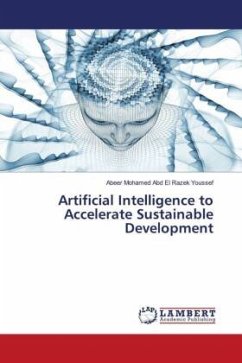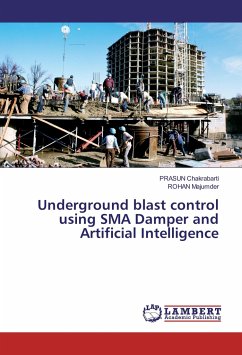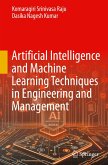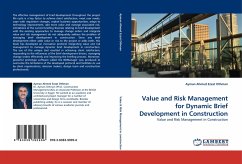Examining the place of new technologies in other sciences has a good growth in terms of hardware and software productivity. But in construction systems, unfortunately, these technologies have slowly opened their place and they may even be used when a newer technology replaces the previous technology. In discussions of hardware and product production, this is more accepted due to the high cost of new products and the lack of economic expertise. But the non-use of software technologies in construction management systems should be considered by average managers. One of these new products is artificial intelligence, whose functions are expanding day by day. This technology, with its various sub-branches, provides managers with various capabilities in the areas of forecasting, optimal decision-making, process and planning for use in the management of construction projects. The fact that the amount of planning error can be predicted and reduced to a great extent by using artificial intelligence will lead to the improvement of the construction management triangle, i.e. time, cost and quality. Therefore, artificial intelligence can be called the best technological advantage in the field.
Bitte wählen Sie Ihr Anliegen aus.
Rechnungen
Retourenschein anfordern
Bestellstatus
Storno

